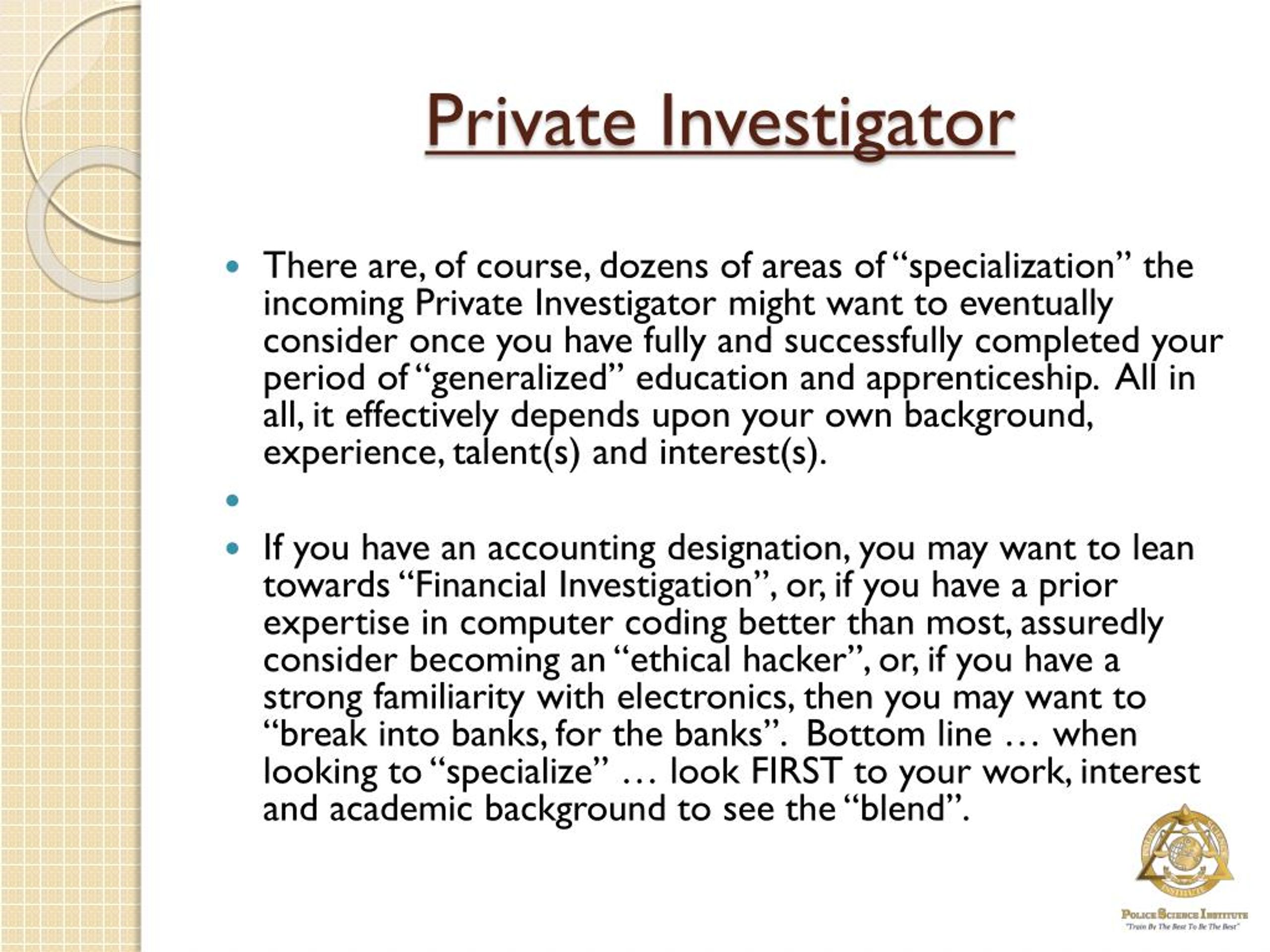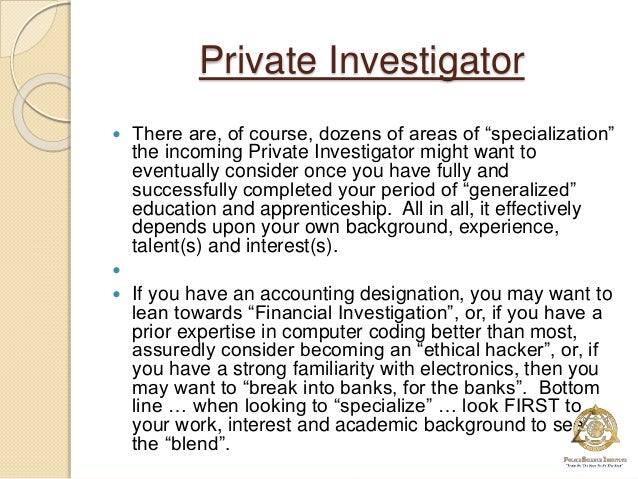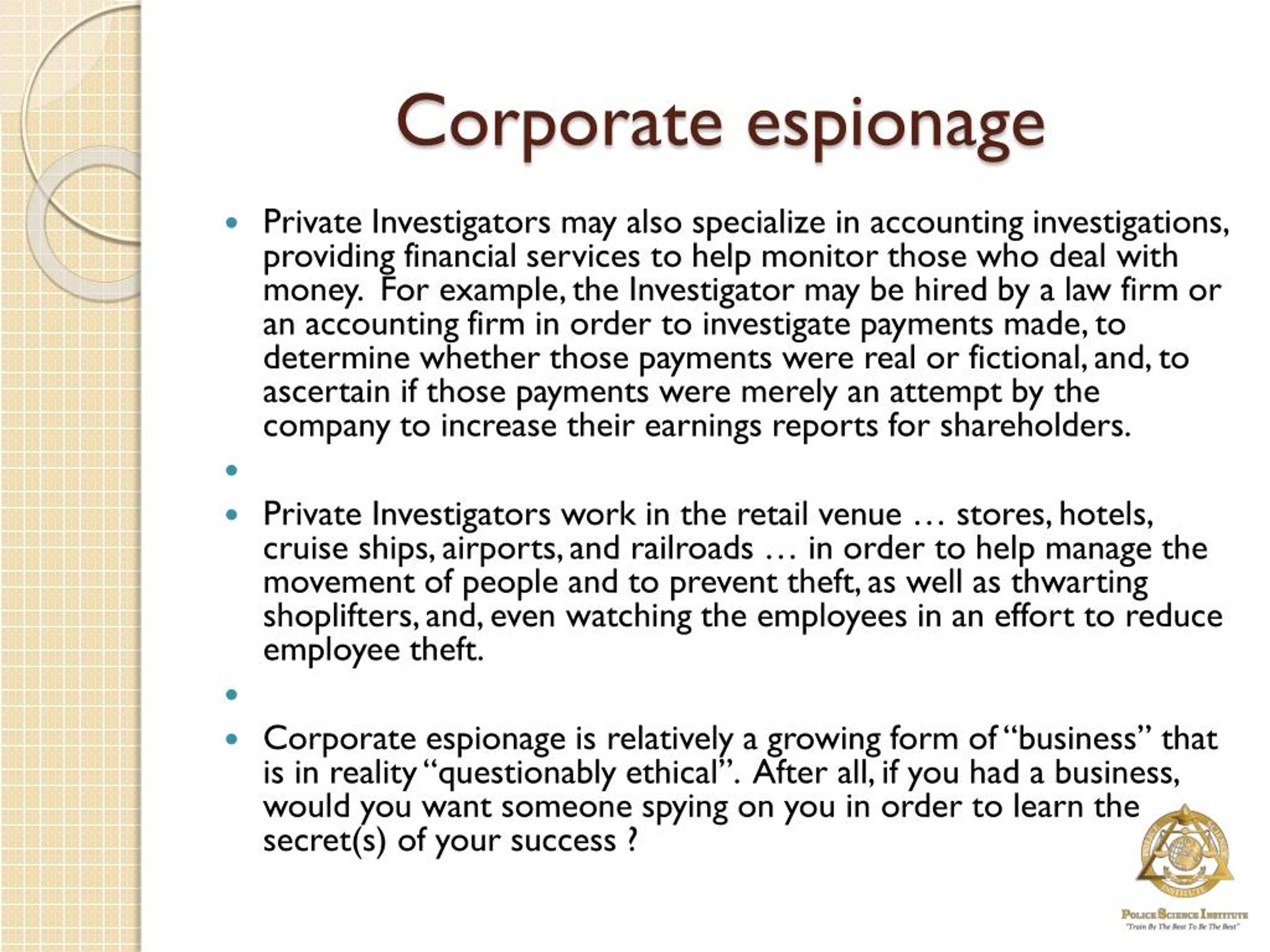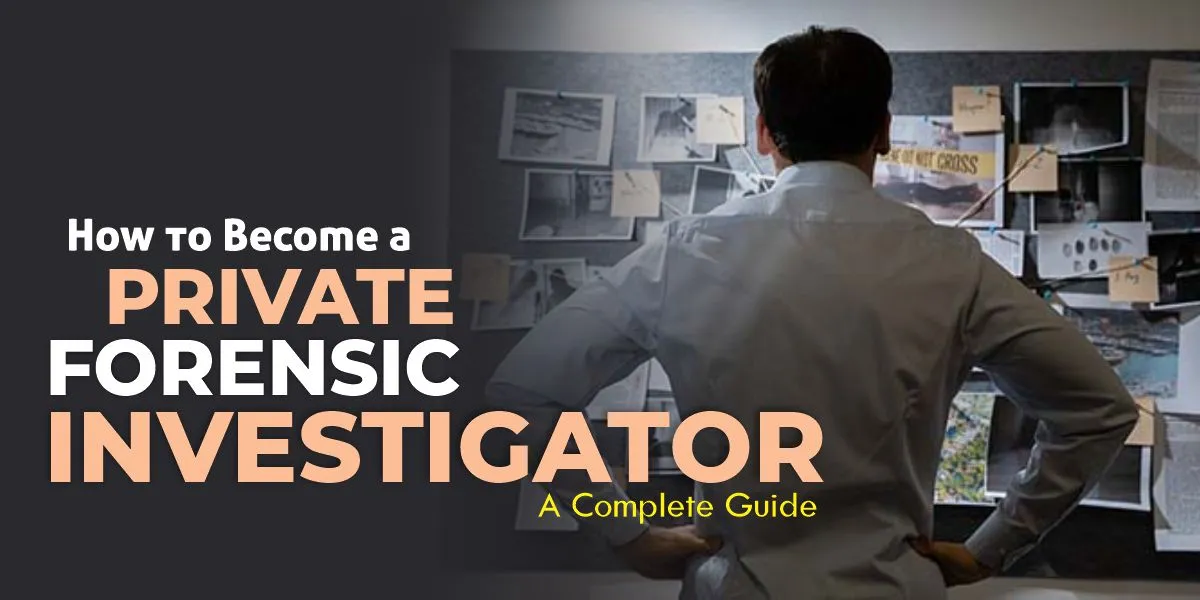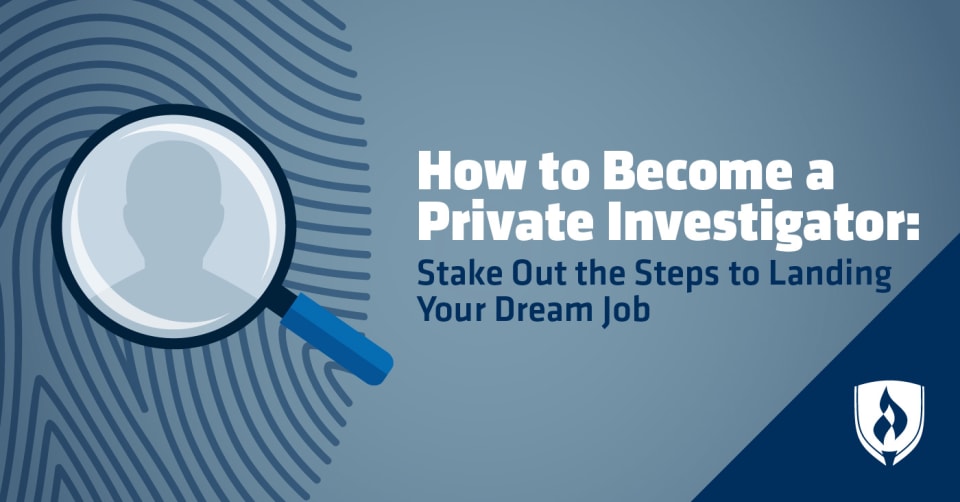How Do I Become Private Investigator

Demand for skilled private investigators is surging nationwide, fueled by complex legal battles and increased corporate espionage. Want to join their ranks? This guide breaks down the essential steps to becoming a licensed PI.
The path to becoming a private investigator requires meeting specific state requirements, often involving education, experience, and rigorous background checks. Understanding these prerequisites is crucial for anyone seeking a career in this challenging field.
Licensing and Requirements
Who: Aspiring private investigators. What: Meeting state licensing requirements. Where: Varies by state. When: Before practicing as a PI. How: Complete required education, experience, and pass exams.
Licensing is the cornerstone of a legal PI career. Requirements vary significantly by state, so start by checking the regulations in your desired location.
Many states require a minimum age (often 21), a clean criminal record, and U.S. citizenship or legal residency.
Education and Training
Formal education can significantly boost your chances. While a degree isn't always mandatory, a degree in criminal justice, law, or a related field can give you a competitive edge.
Several states mandate specific training hours. These courses cover topics like surveillance techniques, legal procedures, interviewing skills, and report writing.
Look for certified training programs approved by your state's licensing board.
Experience
Most states require a period of supervised investigative experience. This could involve working for an established PI firm, a law enforcement agency, or a government investigative body.
The required experience duration varies, typically ranging from 2,000 to 6,000 hours. Document all your investigative work carefully.
Experience is invaluable for developing practical skills and building a professional network.
Examination and Application
After fulfilling the education and experience requirements, you'll likely need to pass a state-administered licensing exam.
These exams assess your knowledge of relevant laws, investigative techniques, and ethical conduct. Prepare thoroughly by reviewing course materials and practicing with sample questions.
Finally, submit your application to the state licensing board, along with all required documentation, including transcripts, proof of experience, and background check results.
Essential Skills for Success
Becoming a licensed PI is just the first step. Success in this field requires a diverse skillset.
Surveillance: Mastering discreet observation techniques is critical. This includes physical surveillance and online investigation methods.
Communication: Effective interviewing, report writing, and interpersonal skills are essential for gathering information and presenting findings.
Legal Knowledge: Understanding relevant laws and regulations is crucial for conducting investigations ethically and legally.
Technology: Proficiency in computer software, databases, and surveillance equipment is increasingly important.
"The best PIs are those who combine sharp investigative skills with strong ethical principles."
Persistence and Resourcefulness: Investigations often require creativity, persistence, and the ability to think outside the box.
Finding a Job or Starting Your Own Firm
Once licensed, you can seek employment with established PI firms, law firms, or corporate security departments. Many PIs choose to start their own businesses.
Starting your own firm requires additional steps, such as obtaining business licenses, securing insurance, and developing a marketing strategy.
Consider specializing in a niche area, such as insurance fraud, corporate investigations, or missing persons cases, to differentiate yourself in the market.
Networking with other professionals in the legal and investigative fields can help you build your client base.
Next Steps
Research the specific licensing requirements in your state. Contact your state's licensing board or a local PI association for detailed information and guidance.
Enroll in a reputable training program to acquire the necessary skills and knowledge. Seek out opportunities to gain supervised investigative experience.
The field of private investigation is constantly evolving. Staying updated on the latest laws, technologies, and investigative techniques is crucial for long-term success.
